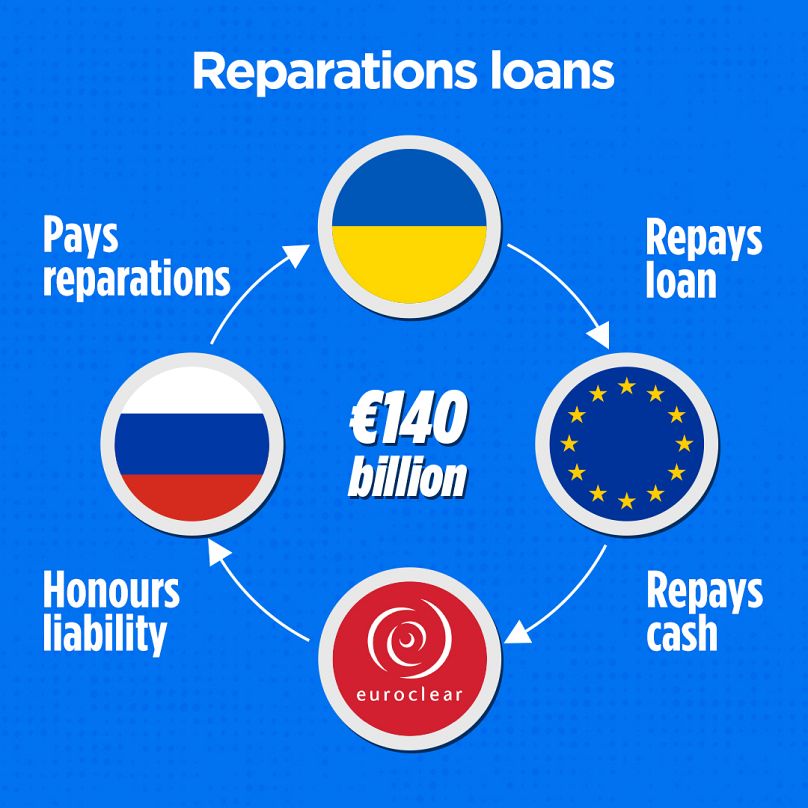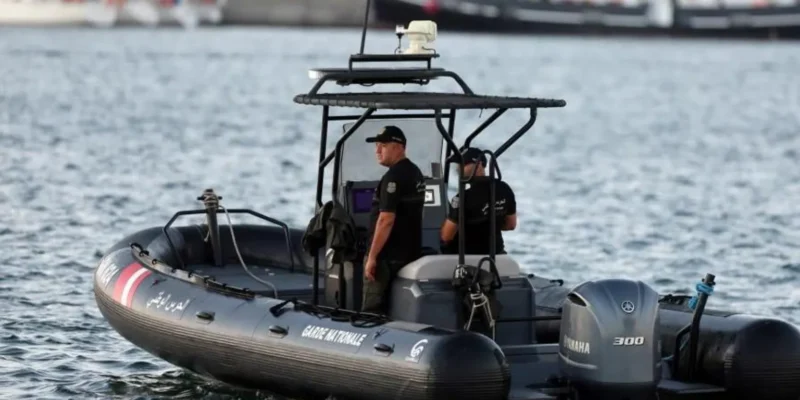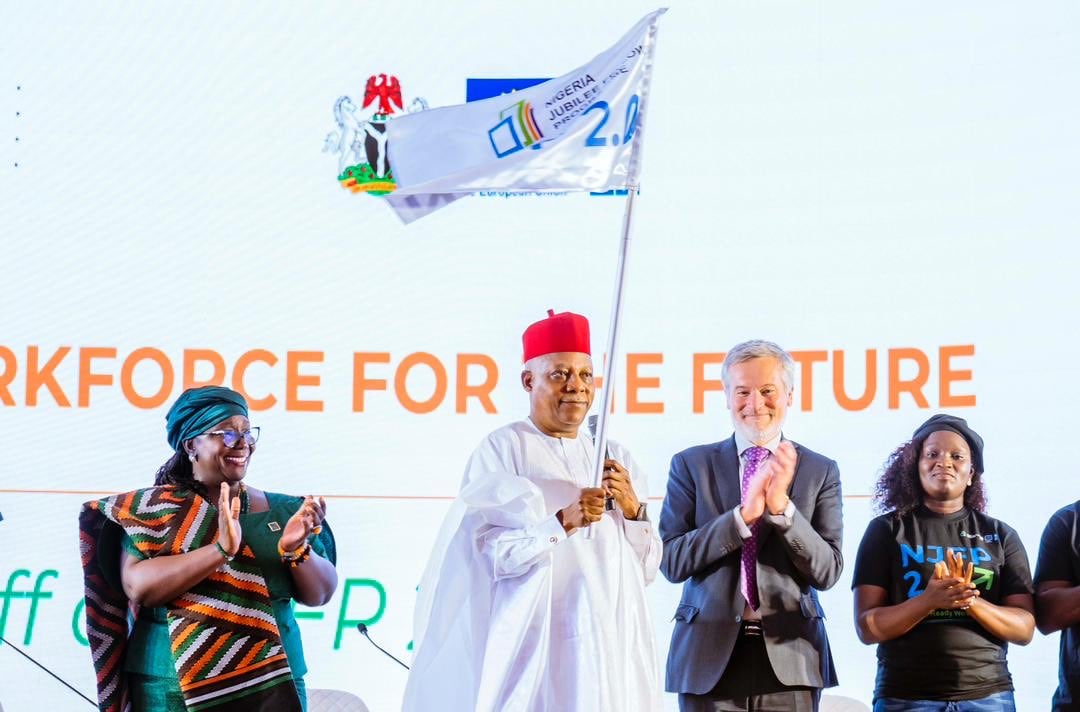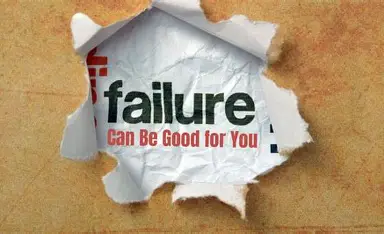EU Unleashes €140 Billion Russian Assets Plan for Ukraine – A Game Changer?

European Union leaders, gathering at an informal summit in Copenhagen, have expressed growing political support for a groundbreaking plan to issue a €140 billion loan to Ukraine. This substantial financial assistance would be based on the immobilised assets of the Russian Central Bank, aiming to help Ukraine sustain its economy and armed resistance against the ongoing invasion. Finnish Prime Minister Petteri Orpo hailed the initiative as a “very good idea,” a sentiment echoed by his Swedish counterpart, Ulf Kristersson, who advocated for a more “offensive way of using the frozen assets.” Danish Prime Minister Mette Frederiksen, the summit host, underscored the urgency for the bloc to escalate financial and military aid to Kyiv, estimating Ukraine's need at €60 billion between 2026 and 2027 to cover its budgetary deficit, alongside a similar amount for weaponry.
The loan, as proposed by the European Commission, marks the most audacious step since Russian funds were initially frozen following the full-scale invasion. Previously, the EU had only captured windfall profits generated by Russian money held at Euroclear, a Brussels-based central securities depository. The new plan, still in its nascent stages, would go further by transferring the entire cash balances from Euroclear to the Commission. The Commission would then disburse the €140 billion loan to Ukraine gradually and under specific conditions. Crucially, Ukraine would only be required to repay this “Reparation Loan” once Russia agrees to compensate for the damages it has caused. Subsequently, the Commission would repay Euroclear, which in turn would repay Russia, completing the financial circle.
Despite broad political backing, the initiative faces significant legal and practical challenges. Critics and concerned parties, including the Belgian Prime Minister Bart De Wever and European Central Bank President Christine Lagarde, have raised questions about the fine line between a legitimate transfer and an illegal confiscation of sovereign assets under international law. Commission President Ursula von der Leyen, however, explicitly stated, “We are not confiscating the assets.” She emphasized a growing consensus that not solely European taxpayers should bear the cost of supporting Ukraine, but that Russia, as the aggressor, must be held accountable for the damage. Von der Leyen affirmed confidence in having a “sound legal way” to implement these reparation proposals.
The Commission’s plan, outlined in a two-page document, requires further detailed work, with legal texts anticipated by year-end. Beyond the nuanced legal definitions, a crucial aspect to clarify is how potential financial risks—such as default or multi-billion-euro lawsuits—would be shared among the 27 member states. The Commission's preferred option is to use the EU budget as the ultimate guarantee, but without consensus, each participating country might need to provide its own safeguard based on economic weight, adding complexity. Belgium, as the host of Euroclear, has particular concerns about bearing disproportionate risk and potential negative repercussions for its economy. The prospect of central bank money appearing to disappear at the discretion of politicians also raised worries about global confidence in the eurozone.
Additional hurdles include the EU's voting rules, which currently require unanimity for the six-month renewal of sanctions. This provision theoretically allows any member state to veto an extension, potentially unfreezing assets and derailing the entire loan, leaving the bloc liable. To mitigate this, the Commission suggests activating Article 31.2 of the EU treaties to switch to a qualified majority vote. However, this article allows any country to oppose such a switch for “vital and stated reasons of national policy,” a mechanism previously used by Hungary to block a similar change in sanctions renewal periodicity. Irish Taoiseach Micheál Martin acknowledged these “challenges” but underscored the severity of the situation driving Europe toward this next stage. The Kremlin has already warned of retaliation, with spokesperson Dmitry Peskov labeling the plan an “illegal seizure of Russian property” and a form of “theft,” vowing prosecution for those involved.
Parallel to the financial aid discussions, EU leaders in Copenhagen also gave broad support to proposals aimed at strengthening Europe's security, particularly through the development of drone and anti-drone technology. European Council President Antonio Costa noted leaders supported initial priority flagship projects such as a “European drone wall” and the “Eastern Flank Watch.” These initiatives stem from a Commission Scoping Paper, prompted by a series of recent airspace violations across several member states, which also outlined an Air Defence Shield and a Defence Space Shield as urgent priorities. Danish Prime Minister Frederiksen emphasized the need to bolster production of drones and anti-drone capabilities, advocating for a European network to detect and neutralize intrusions, fostering a “European ecosystem” inspired by Ukraine's advancements.
Ursula von der Leyen characterized the airspace violations as “part of hybrid war tactics,” demanding a strong and determined European response. She stressed the necessity for “the strongest of deterrence at scale and at speed,” highlighting that preserving peace remains a core task of the EU. The Commission is set to deliver a roadmap for defence in two weeks, building on these discussions and outlining capability targets for formal decisions later in the month. Belgian Prime Minister Bart De Wever, while raising concerns about the loan, also participated in the broader defense discussions. Frederiksen articulated the intrinsic link between supporting Ukraine and European defense, stating, “Ukraine is today Europe's security guarantee. Our support to Ukraine is a direct investment in our own security.” Von der Leyen sought to reassure Belgium regarding the loan risks, asserting that “Belgium cannot be the only member state that is carrying the risk, but the risks have to be put on broader shoulders,” and reiterated, “There is no seizing of the assets. The Russian claim stays a Russian claim.”
Recommended Articles
Europe on Edge: Danish Summit Rattled by Drones, Plans 'Drone Wall' Amid Ukraine Crisis

Recent drone incursions across Europe have prompted calls for a pragmatic response and spurred the EU's "drone wall" ini...
Global Synergy: Team Europe & African Artists Revive Fela's Spirit in Lagos

Team Europe, led by EU Ambassador Gautier Mignot, collaborated with African artists for the "Afrobeat Rebellion Exhibiti...
Devastating Loss: 40 Migrants Feared Dead After Boat Sinks Off Tunisian Coast

At least 40 migrants, including children, have died after their boat sank off Tunisia, marking one of the year's deadlie...
FG Unveils $220M Youth Employment Plan to Tackle Joblessness

Nigeria's federal government is investing $220 million into the second phase of the Nigeria Jubilee Fellows Programme (N...
Reeves Unleashes Brexit Reality: Did the Deal Cripple the Economy?

The UK government is shifting its rhetoric on Brexit, with Chancellor Rachel Reeves now explicitly blaming it for the na...
You may also like...
Digital Portfolios Are the New Business Cards; Here’s How to Build One That Gets Seen

In today’s digital-first economy, your online portfolio is your handshake, résumé, and elevator pitch rolled into one. H...
Career Pivoting: Why Changing Paths Might Be the Smartest Move You Make

In a world where stability often overshadows fulfillment, career pivoting may be the smartest move for professionals se...
Why Your First Failure Might Be the Best Thing That Ever Happened to Your Business

Failure isn’t the end of entrepreneurship, it’s the education success never gives. Here’s why your first business collap...
Consumerism vs Culture: Is Africa Trading Values for Trendy Lifestyles?

Is Africa trading its cultural values for trendy lifestyles? Explore how consumerism, foreign brands, and social media p...
The War on Boys: Are African Male Being Left Behind in Gender Conversations

Why are African boys and men often left out of gender empowerment programs? Explore how emotional suppression, lack of m...
Pay Slip, Motivation Slips: The Silent Crisis Among the Working Class

Across Nigeria, millions of workers are trapped in jobs that pay just enough to survive but too little to live. Beneath ...
Premier League's Unsung Heroes: Bournemouth, Sunderland, and Tottenham Shockingly Exceed Expectations

This Premier League season sees teams like Bournemouth, Sunderland, and Tottenham exceeding expectations. Under Thomas F...
El Clasico Fury: Yamal Controversy and Refereeing Blunders Ignite Post-Match Debates
)
Real Madrid secured a 2-1 El Clasico victory over Barcelona amidst significant controversy surrounding a late penalty de...